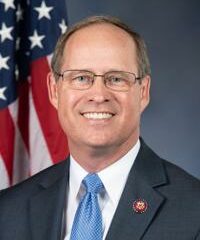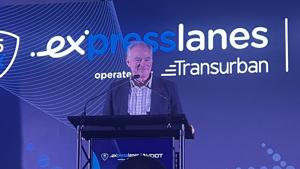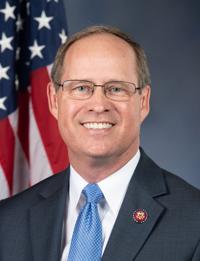(The Center Square) – Republican U.S. Sens. Ted Cruz, R-Texas, and Jim Banks, R-Ind. introduced a bill to create Education Savings Accounts for the children of active-duty service members.
The bill would amends the Elementary and Secondary Education Act of 1965 to allow parents of eligible military-dependent children to establish Military Education Savings Accounts.
“School choice is the civil rights issue of the 21st century, and parents should never have to choose between serving their country and ensuring that their children have access to a quality education,” Cruz said, adding that the bill “will ensure that military families are empowered to choose and secure the right education for their children.”
The bill also “supports military readiness by helping attract and retain top talent, ensuring service members don’t have to sacrifice their children’s education,” Banks said.
It would direct the secretaries of the departments of Education and Defense to carry out the program ‘‘at the request of a parent of an eligible military dependent child, establish an account on behalf of such child … into which the Secretary shall deposit funds” and “establish a procedure under which the parent of the child may use funds in the account to pay for the educational expenses of the child in accordance” with the law, according to the bill language.
It would create ESAs for up to $6,000 to apply to reading, writing, language, mathematics, science and social studies instruction. The amount would increase over time in accordance with inflation, apply for one academic year and can be renewed, according to the bill language.
The bill also would create a lottery system if the appropriated funds are insufficient to fully fund the program. It prioritizes siblings of children already benefitting from the ESA program, children of enlisted members, warrant officers and then commissioned officers.
ESAs provide taxpayer subsidies for families to use for educational purposes. The bill would prohibit ESA funds from being used for public school education. Applicants are prohibited from enrolling their child “in a public elementary school or a public secondary school, on a full-time basis while participating in the program,” the bill states.
ESA funds are permitted to be used for private elementary or secondary school tuition; educational co-op, micro-school, learning pod, or hybrid school tuition, including religious schools; private online learning programs; private tutoring; individual classes, extracurricular activities, athletic programs, and educational trips; summer camps and academic camps; materials prescribed by educational therapists or medical professionals; textbooks, curriculum programs, or other instructional materials; computer hardware, software or other technological devices for educational purposes; private school uniforms; fees for nationally standardized tests, advanced placement exams, college or university admission exams; education transportation costs; apprenticeship or vocational training program costs; contributions to a college savings account, among others.
Unused funds would roll over from year to year; funds left over after students graduate high school could be used to finance higher education tuition or costs associated with an alternative professional training, according to the bill language.
The bill also includes stipulations for the Education Secretary to administer the program, includes fraud prevention and reporting requirements, and prohibits religion-based discrimination. It doesn’t apply to National Guard members’ children, excludes postsecondary education, and limits the program to students once they turn 22 or 26, if disabled.
The military ESAs are also tax exempt.
Cruz previously introduced the Education Savings Accounts for Military Families Act in 2023, which went nowhere in a Democratic-controlled Senate during the Biden administration.
















































